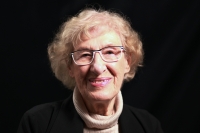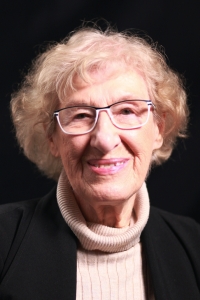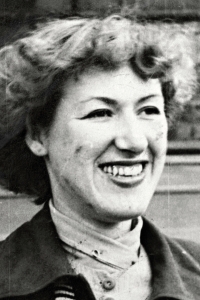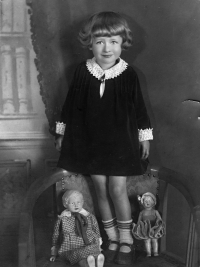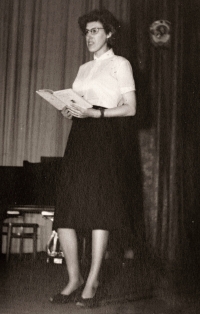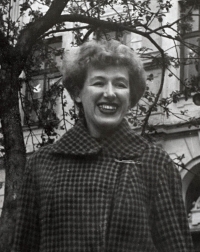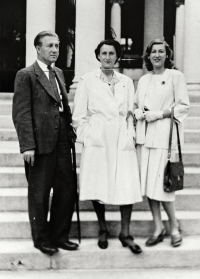I‘m happy to have lived long enough to see my homeland free
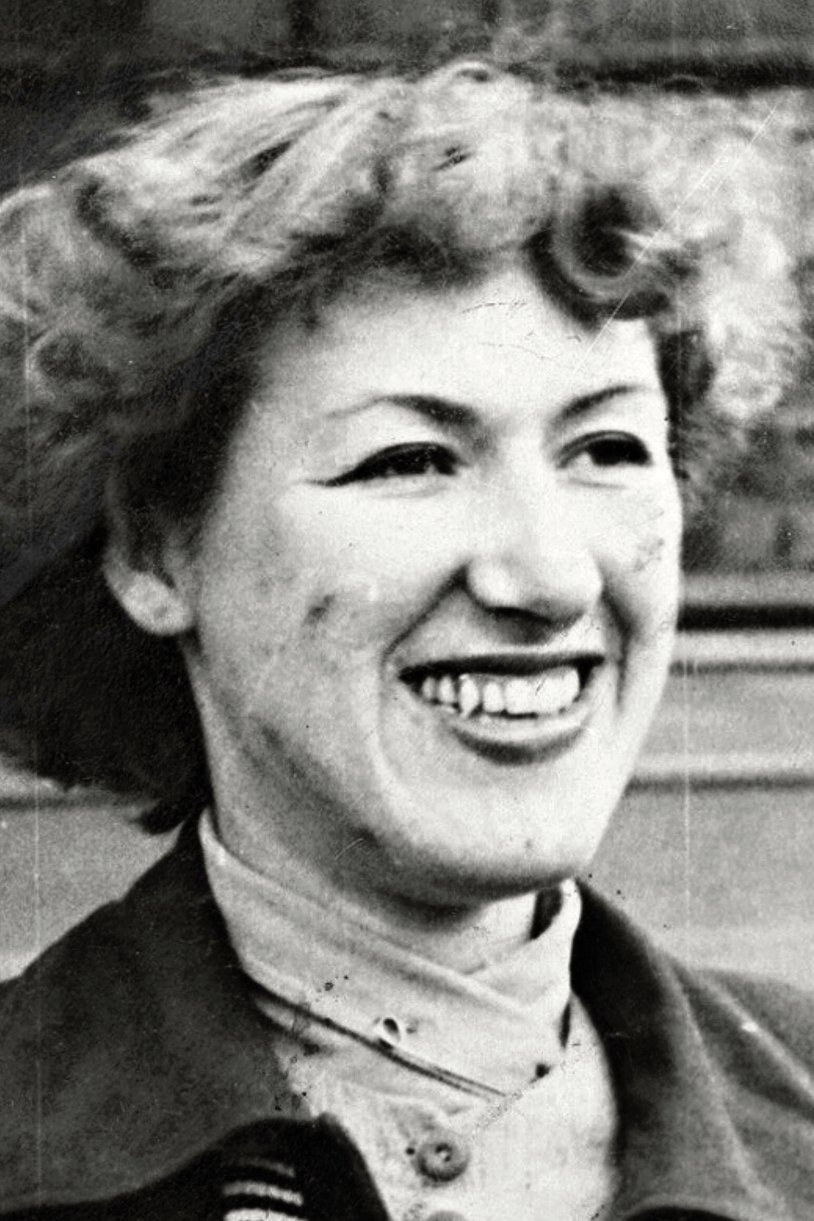
Download image
Alena Kovaříková, née Němcová, was born on July 24, 1927, into a catholic family in Pilsen. Her father was an office worker, her mother a teacher. She remembers the German occupation between 1939-1945 and the liberation of Pilsen by the American army. After the war, she worked for the Labour (Práce) Daily and joined the Czechoslovak communist party. When the political persecution and show trials broke out, she left the newspaper. She graduated from a distance study programme at the teacher-training faculty, getting a degree in mathematics and music. After her graduation, she became a teacher in the Chebsko frontier region. During Prague Spring of 1968, she was a supporter of the democratic changes and after the Warsaw Pact invasion, she actively fought against it. In 1969, she became the head of the House of Culture in Cheb. In 1970, she was dismissed from the communist party and fired. She worked as a labourer, and later as a receptionist at the Slávie and Hvězda Hotels in Cheb. To keep her job at the hotels which were under constant surveillance by State Security because of their Western clientele, she signed collaboration with the secret police. The witness does not deny this fact but maintains she has never hurt anyone. After 1989, she founded the Catholic Women’s Club in Cheb and helped reopen the Maria Loreto pilgrimage site. In 2020, she received Cheb City Medal for her ongoing merit in developing the city’s culture and civic activism. The witness has been married twice and has four children.
